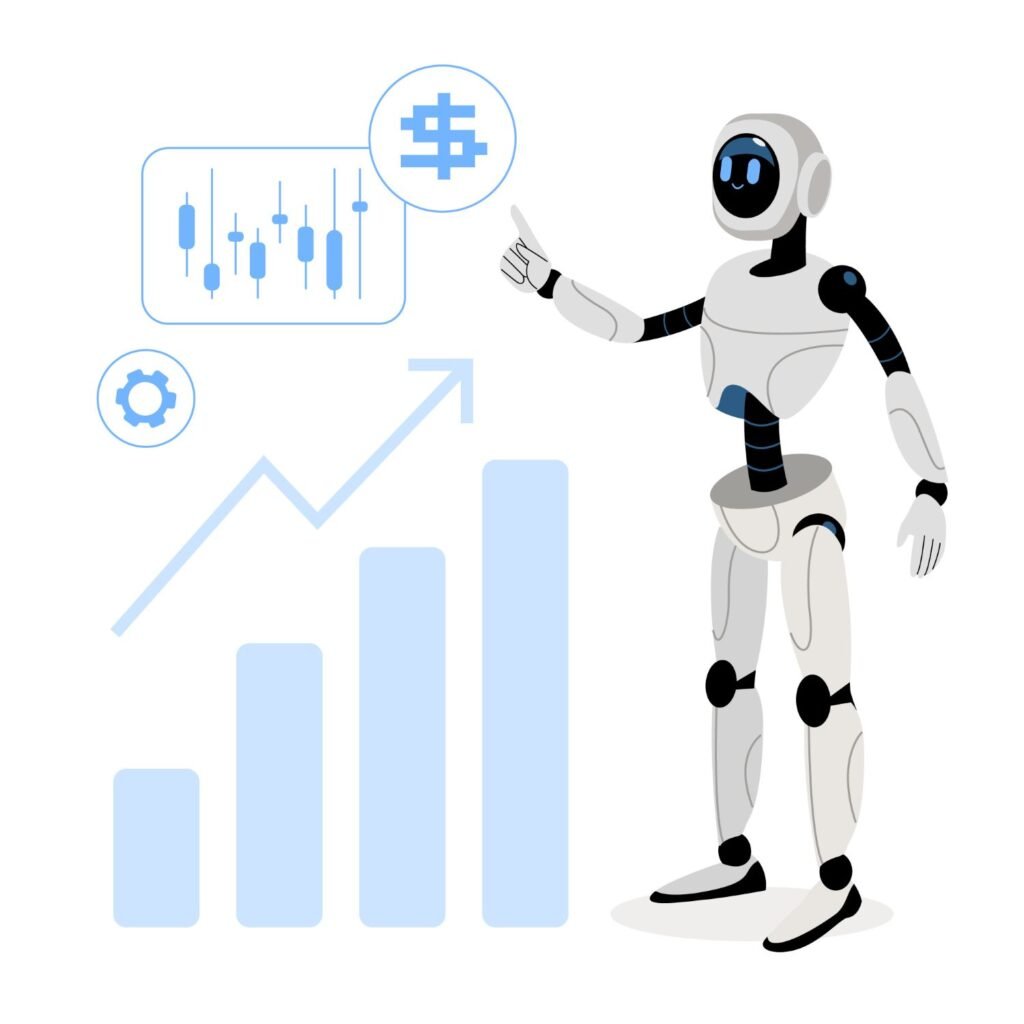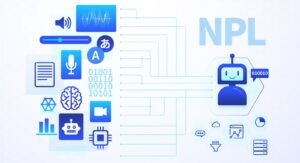Imagine a world where artificial intelligence not only understands your needs but evolves with you, adapting to your preferences and tasks seamlessly. OpenAI has made this vision a reality with its groundbreaking AI agent, Operator. Designed to push the boundaries of what AI can achieve, Operator combines the latest advancements in natural language processing and machine learning to provide personalized solutions across industries.
But what exactly is Operator, and how does it stand apart from other AI agents? Let’s take a deep dive into this revolutionary technology and explore its potential to reshape the AI landscape.
On This Page
Table of Contents
What is Operator?
At its core, Operator is an advanced AI agent built to understand and execute tasks with unparalleled precision and adaptability. Unlike traditional AI tools that operate within predefined boundaries, Operator is designed to learn, adapt, and grow alongside its users.

Key Highlights of Operator:
- Adaptive Intelligence: Operator evolves with user interactions, refining its capabilities over time.
- Multi-Modal Support: It processes text, voice, and image inputs, making it versatile for diverse applications.
- Seamless Integration: Operator is compatible with existing tools and systems, reducing the friction of adoption.
- Browser-Based Action: Operator uses a browser like a human, clicking, typing, and scrolling to complete tasks directly on websites—no APIs required.
What Operator Does:
- Books tables, shops, and finds tickets: Operator handles tasks like booking a table, ordering groceries, or finding event tickets.
- Works without APIs: By interacting directly with websites, it bypasses the need for API integrations.
- Parallel Tasking: Operator can book tickets while simultaneously ordering groceries, optimizing time and efficiency.
- Actionable AI: “AI that doesn’t just answer questions, it takes action on the web for you.”
Expert Insight: Dr. Emily Carter, a leading AI researcher, states, “Operator is not just another AI agent; it’s a leap toward creating truly intelligent systems that can collaborate with humans rather than simply respond to them.”

How Does Operator Work?
The magic behind Operator lies in its cutting-edge architecture. OpenAI has combined deep learning models with innovative natural language processing techniques to create an AI that not only understands context but also anticipates user needs.
| Feature | How It Works |
|---|---|
| Adaptive Learning | Operator refines its behavior based on user interactions, becoming smarter over time. |
| Natural Language Processing | Uses advanced NLP models to interpret and generate human-like responses. |
| Contextual Awareness | Retains context across conversations for fluid, human-like interactions. |
| Multi-Tasking | Handles multiple tasks simultaneously without losing efficiency. |
| Browser-Based Actions | Mimics human browsing behavior, interacting directly with websites. |
Did You Know? Analytics show that AI agents like Operator can reduce task execution time by up to 35%, significantly boosting productivity in industries such as customer support and logistics.
Key Features of Operator
What sets Operator apart from its predecessors and competitors are its innovative features:
- Personalized Experiences: Tailors interactions based on individual user preferences.
- Multi-Modal Inputs: Accepts text, voice, and image commands, offering flexibility in usage.
- Advanced Security: Ensures data privacy and compliance with global standards like GDPR.
- Scalability: Capable of managing tasks for individuals, small businesses, and enterprises alike.
- High-Stakes Confirmations: Pauses to confirm critical actions, such as payments, ensuring accuracy and security.
- Natural Language Input: No developer skills are needed; users can communicate using everyday language.
Applications of Operator
The versatility of Operator opens doors to endless possibilities. Here are some real-world applications:
- Healthcare: Streamlining patient management and appointment scheduling.
- Finance: Automating customer support and fraud detection.
- Retail: Enhancing personalized shopping experiences through advanced recommendations.
- Education: Assisting students with adaptive learning platforms.
New Use Cases:
- Works seamlessly on popular platforms like OpenTable, Instacart, and StubHub.
- Handles multiple tasks in parallel, making it a powerful tool for multitaskers.
- Automates everyday actions, from booking tickets to ordering groceries.
Statistic: Research indicates that industries adopting AI solutions like Operator have seen an average revenue increase of 25% in the first year.
Operator vs. Other AI Agents
How does Operator compare to other AI tools like ChatGPT or Microsoft’s Azure AI? Here’s a quick comparison:
| Feature | Operator | Other AI Agents |
|---|---|---|
| Adaptability | Continuously learns and evolves | Limited to predefined algorithms |
| Multi-Modal Support | Yes | Mostly text-based |
| Scalability | High, from individuals to enterprises | Varies |
| Context Retention | Advanced | Basic |
| Browser Actions | Yes, mimics human behavior | No |
Challenges to Overcome
As advanced as Operator is, it faces some challenges:
- Speed: Navigation through websites can be slow as it mimics human actions.
- Detection: Websites may identify and block it as a bot.
- User Input: Certain actions, like logins and payments, require manual intervention.
- Complex Workflows: Limited in handling intricate research or multifaceted tasks.

Key Question: Will browser-based AI like Operator outpace traditional API-dependent systems?
The Future of AI with Operator
As we look ahead, Operator is poised to become a cornerstone of AI integration across various sectors.
Future Possibilities:
- Enhanced collaboration between humans and AI for complex problem-solving.
- Expanded accessibility to AI-driven tools for small and medium-sized businesses.
- Continuous evolution through updates and community feedback.
Visionary Perspective: According to AI futurist James Bell, “Operator represents the next phase of AI—not just intelligent but also deeply intuitive and human-centric.”
Resolution: Why Operator is a Game-Changer
OpenAI’s Operator is more than just an AI agent; it’s a vision of the future where technology truly serves humanity. With its adaptive capabilities, multi-modal support, and ethical foundations, Operator is set to revolutionize industries and redefine our relationship with artificial intelligence.
The journey of Operator is just beginning, and its potential to transform productivity, enhance creativity, and solve global challenges is limitless. Stay tuned as this remarkable AI agent continues to shape the future of technology and innovation.
FAQs
What is Operator?
Operator is OpenAI’s latest AI agent designed to perform tasks directly on websites, such as booking tables, shopping, and finding tickets. It mimics human browsing behavior, eliminating the need for API integrations.
How does Operator differ from other AI tools?
Unlike traditional AI systems, Operator doesn’t rely on APIs. It interacts with websites as a human would—by clicking, typing, and scrolling. Additionally, it supports parallel tasking and uses natural language input.
What tasks can Operator handle?
Operator can manage everyday tasks like:
— Booking restaurant reservations on platforms like OpenTable.
— Shopping groceries through Instacart.
— Purchasing event tickets via StubHub.
— Performing multiple tasks simultaneously.
Does Operator require technical skills to use?
No, Operator is designed for everyone. It takes natural language commands, meaning you don’t need coding skills to operate it.
What are the limitations of Operator?
Operator faces challenges such as:
— Slow navigation when mimicking human actions.
— Detection by websites as a bot.
— Manual intervention needed for logins and payments.
— Limited capability for complex workflows.
Why is Operator important?
Operator marks a shift from concept-based AI to actionable tools. It simplifies web-based tasks and enhances personal efficiency without requiring developer expertise.
Is Operator secure for sensitive actions?
Yes, Operator includes high-stakes confirmation, pausing for user approval during actions like payments to ensure accuracy and security.
Can businesses benefit from Operator?
Absolutely. From streamlining customer service to automating repetitive tasks, businesses can significantly reduce costs and boost productivity with Operator.







